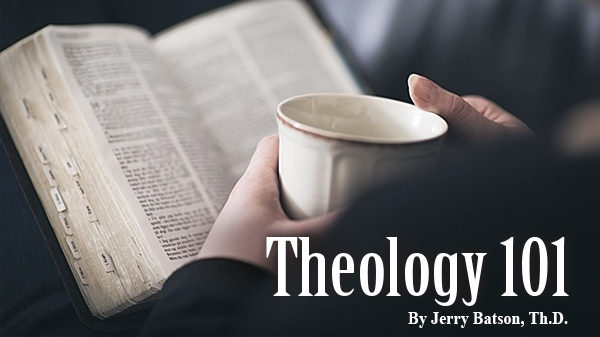Ecclesiology Through Imagery
By Jerry Batson, Th.D.
Special to The Alabama Baptist
The actual Greek word used for church is ekklesia, a term that was commonly used for any kind of assembly or gathering. The gathering could be a political assembly of local citizens. One such notable gathering is described in Acts 19:21–41 when Paul’s preaching of the gospel in Ephesus precipitated a riot among the silversmiths because their trade in silver shrines of the pagan goddess Diana was put in jeopardy by the advance of the gospel. The uproar resulted in a mass gathering in a theater. When the citizens had gathered in the theater the description of that assembly was captured in these words: “Some therefore cried one thing and some another, for the assembly (ekklesia) was confused, and most of them did not know why they had come together?” (Acts 19:32). Finally, the city clerk quieted the mob with the declaration that if the silversmiths had a legal quarrel with those who proclaimed the gospel, “It shall be determined in the lawful assembly” (Acts 19:39).
Local church
Inasmuch as this Greek term was picked up to speak of a gathering of Christ’s followers, it has particular reference to a local church or assembly. It also has furnished the theological world the formal name of “ecclesiology” by which to refer to the doctrine of the church — a theological way of expressing our theme over these several weeks as “Ecclesiology Through Imagery.”
As just noted, when the Bible speaks of the Church as an ekklesia or assembly, the reference is most often to a local gathering of church members. For example, Matthew 18:15–17a uses this term for a church in a local sense to refer to a gathered assembly in a particular place at a particular time, saying, “If your brother sins against you, go and tell him his fault between you and him alone. If he hears you, you have gained your brother. But if he will not hear, take with you one or two more, that by the mouth of two or three witnesses every word may be established. And if he refuses to hear them, tell it to the church.” Clearly, the church in the local sense describes a gathering of the believers who constitute its membership among whom specific disagreements and contentions might be resolved.
Heavenly future
While the idea of an assembly commonly refers to a local gathering, the image of an assembly is nonetheless used also to speak of the gathering of all believers at the end time. Thus the Church as an assembly can have a universal sense that refers to a glorious assembly of all the redeemed in a heavenly future. It is with this sense that Hebrews 12:22–23a says, “You have come to Mount Zion and to the city of the living God, the heavenly Jerusalem, to an innumerable company of angels, to the general assembly and church of the firstborn who are registered in heaven.”
The takeaway application of the imagery of the church as an assembly is that found in Hebrews 10:24–2: “Let us consider one another in order to stir up love and good works, not forsaking the assembling of ourselves together, as is the manner of some, but exhorting one another, and so much the more as you see the day approaching.”



Share with others: